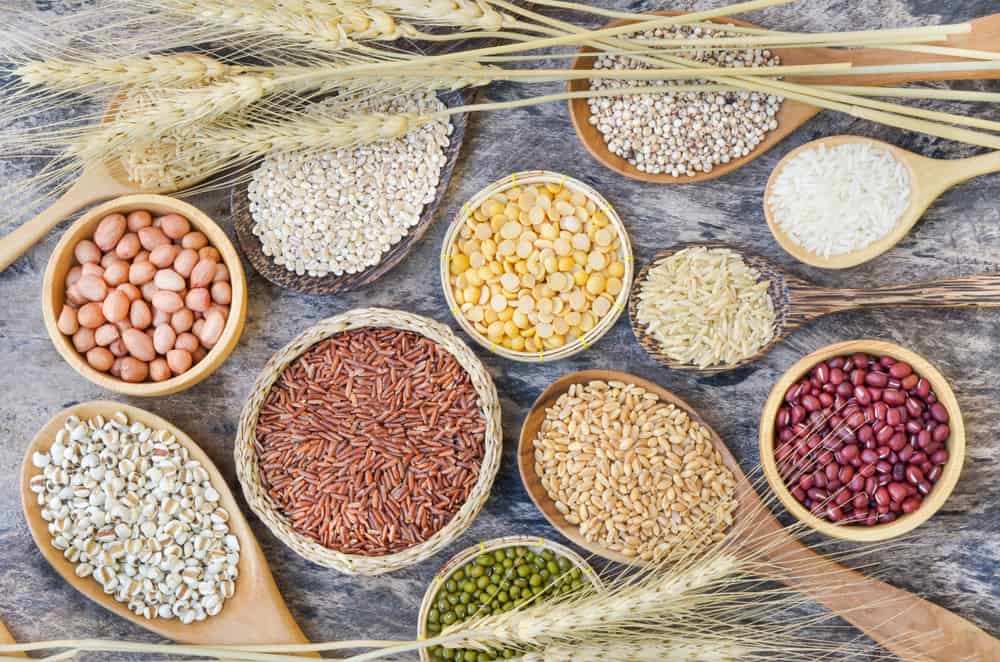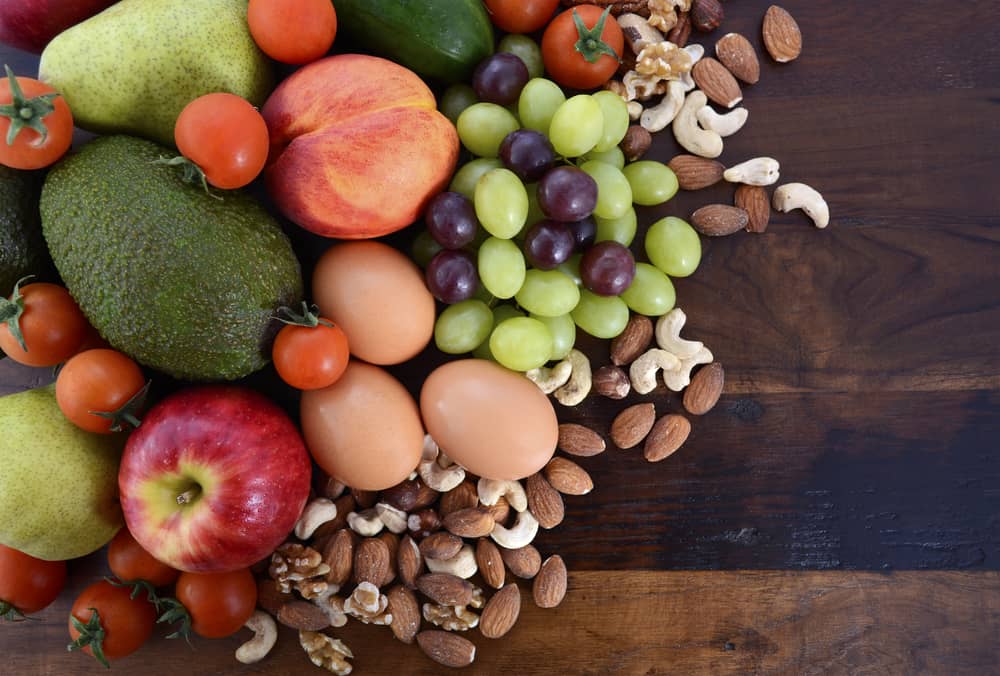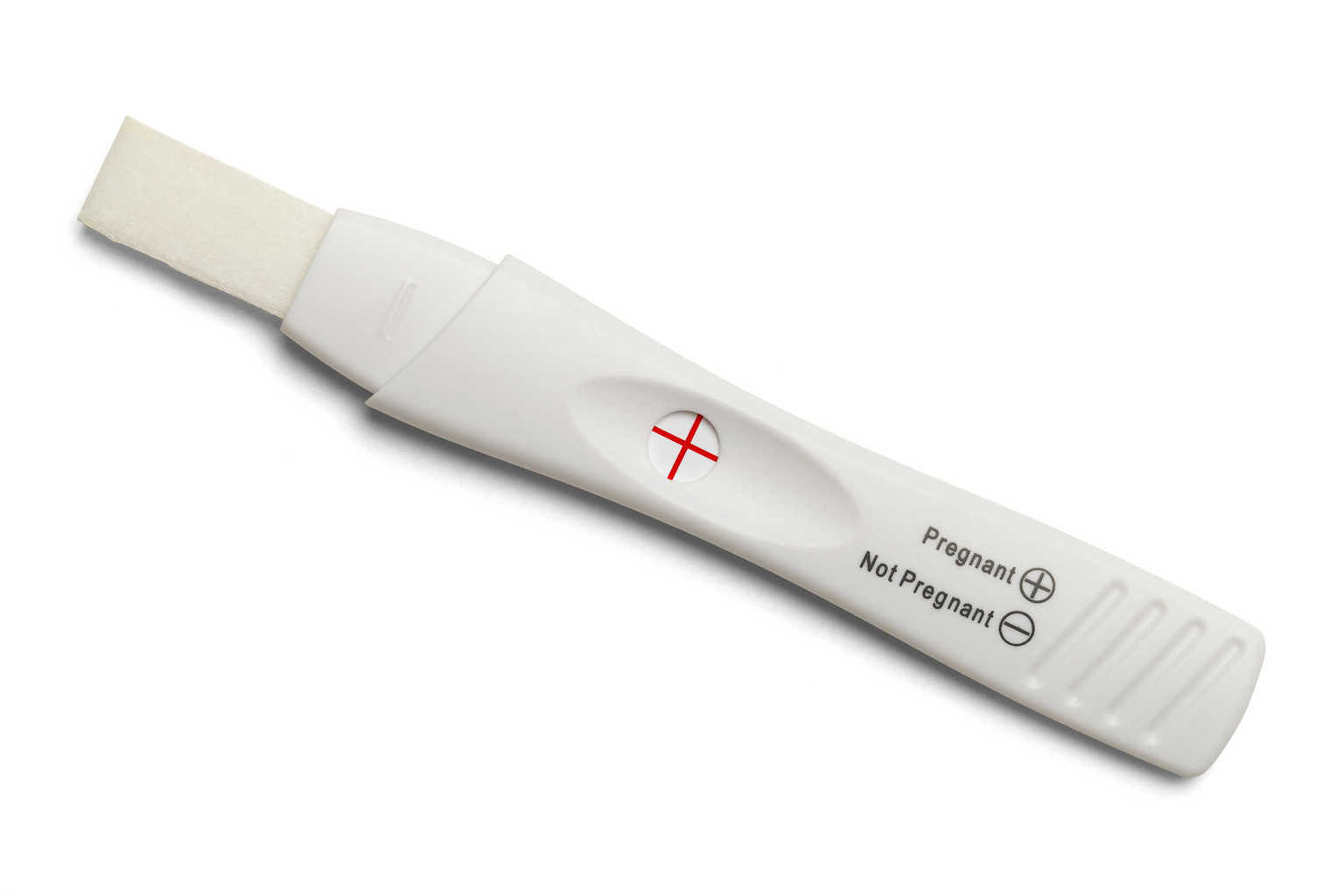Contents:
- Medical Video: I Got Real Vampire Fangs
- Overview of info about macular degeneration (AMD)
- List of nutrients needed to prevent blind eyes at old age
- 1. Lutein and zeaxanthin
- 2. Vitamin C
- 3. Vitamin E
- 4. Zinc (Zinc / Zink)
- 5. Omega-3 fatty acids
Medical Video: I Got Real Vampire Fangs
The Infodatin report released by the Indonesian Ministry of Health in 2013 then noted that 82% of the total Indonesian people who experience blindness are elderly residents aged 50 years and over. The main cause of blind eyes in the elderly is macular degeneration (AMD), a condition that decreases vision due to damage to the retina. Macular degeneration is generally caused by the aging process.
But that does not mean this cannot be prevented. You can reduce the risk or even prevent blindness due to age, by fulfilling a number of nutrients essential for eye health through a healthy and balanced diet from now on. So, what nutrients are needed to prevent blind eyes?
Overview of info about macular degeneration (AMD)
Macular degeneration (AMD) is a chronic condition that decreases central vision due to macular damage, or the central part of the retina. The middle part of the retina is responsible for ensuring your ability to look straight ahead and provide sharpness of vision. Ironically, this part is prone to exposure to free radicals and oxidative stress so that it is easily damaged. Macular degeneration is the main cause of blindness at the age of 50 and above.
In addition to age, the history of AMD in the family will increase your risk of experiencing the same thing AMD. Smoking can also increase the risk of AMD.
Damage to the central part of the retina causes a decrease in the overall quality of vision. If it has already occurred, this damage cannot be repaired. But you can prevent this blindness early on with a healthy diet full of nutrients. Because, foods that are low in antioxidants and high in saturated fatty acids, as well as chronic diseases such as obesity, cholesterol, and hypertension can also be risk factors for blind eyes due to macular degeneration.
List of nutrients needed to prevent blind eyes at old age
In addition to vitamin A, here is a list of important vitamins and minerals that you need to maintain overall eye health and prevent you from blindness due to macular degeneration.
1. Lutein and zeaxanthin
Lutein and zeaxanthin are two phytonutrients that can help you avoid eye disease due to old age. Lutein and zeaxanthin function to protect the eyes from solar UV radiation, which is one of the risk factors for macular degeneration. Lutein and zeaxanthin protect the retina by absorbing blue light and UV radiation so as to reduce oxidative stress. According to some studies, lutein and zeaxanthin also help improve vision quality, especially in low-light conditions.
Lutein and zeaxanthin can be found in egg yolks, corn, orange peppers, kiwi, grapes, green spinach, kale,collard,dark green leaf lettuce like lettuceromaine,and broccoli. Research conducted by Age Related Eye Disease Study (AREDS) recommends that you meet the daily needs of 10 mg lutein and 2 mg zeaxanthin.
2. Vitamin C
Vitamin C is a water-soluble vitamin that is easily lost in the body. In the body, vitamin C is needed to heal wounds, maintain healthy bones and teeth, and slow down the aging process and wrinkles on the skin.
In addition, vitamin C strengthens the immune system to fight free radicals that damage the eyes. This vitamin is stored in the form of collagen, which helps regenerate and manage connective tissue, one of which is in the cornea of the eye. Therefore, this vitamin can reduce the risk of cataracts and macular degeneration.
Vitamin C which is needed in one day by the elderly group is 75 mg and can be found in various fruits such as oranges, mangoes, pineapple, guava, and vegetables such as broccoli and paprika.
3. Vitamin E
Vitamin E is commonly found in almonds and hazelnuts, and seeds such as wheat. Research shows that vitamin E can protect eye cells from damage caused by oxidative stress from exposure to free radicals. Exposure to free radicals in the retina of the eye can increase your risk of macular degeneration in old age. In addition, this vitamin can slow cataract formation.
Many studies report that a balanced diet that is enriched with a mixture of lutein, zeaxanthin, vitamin C, and vitamin E can prevent various eye diseases.
4. Zinc (Zinc / Zink)
Zinc carries vitamin A from the liver to the eye to make melanin. Melanin has a protective effect on eye health. Sources of zinc are shellfish, seafood, meat and beans. Egg yolks are also rich in lutein and zeaxanthin, with added zinc. According to Paul Dougherty, MD, medical director of Dougherty Laser Vision in Los Angeles, quoted by Health.com, this combination is good for reducing the risk of blind eye due to macular degeneration in old age.
To help the body absorb zinc better, balance it with copper (copper mineral) intake. This mineral can be found in beef liver, sunflower seeds, almonds, and asparagus. Copper can also prevent you from experiencing copper deficiency due to zinc intake.
5. Omega-3 fatty acids
Recent research reveals that omega 3 fatty acids can actually improve health eye, although it indirectly helps reduce the risk of macular degeneration. For adults, omega 3 fatty acids can help protect the eyes from various diseases such as decreased eye muscle function and dry eye syndrome. Other essential fatty acids also function to reduce the risk of glaucoma and high pressure on the eyeball.
Examples of omega 3 fatty acids are DHA, EPA, and ALA. Salmon, tuna, nuts (especially walnuts), and olive oil are foods that are rich in omega 3 fatty acids.












